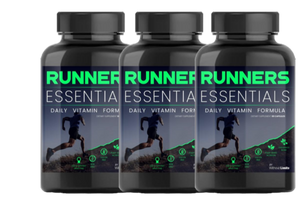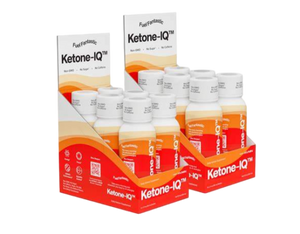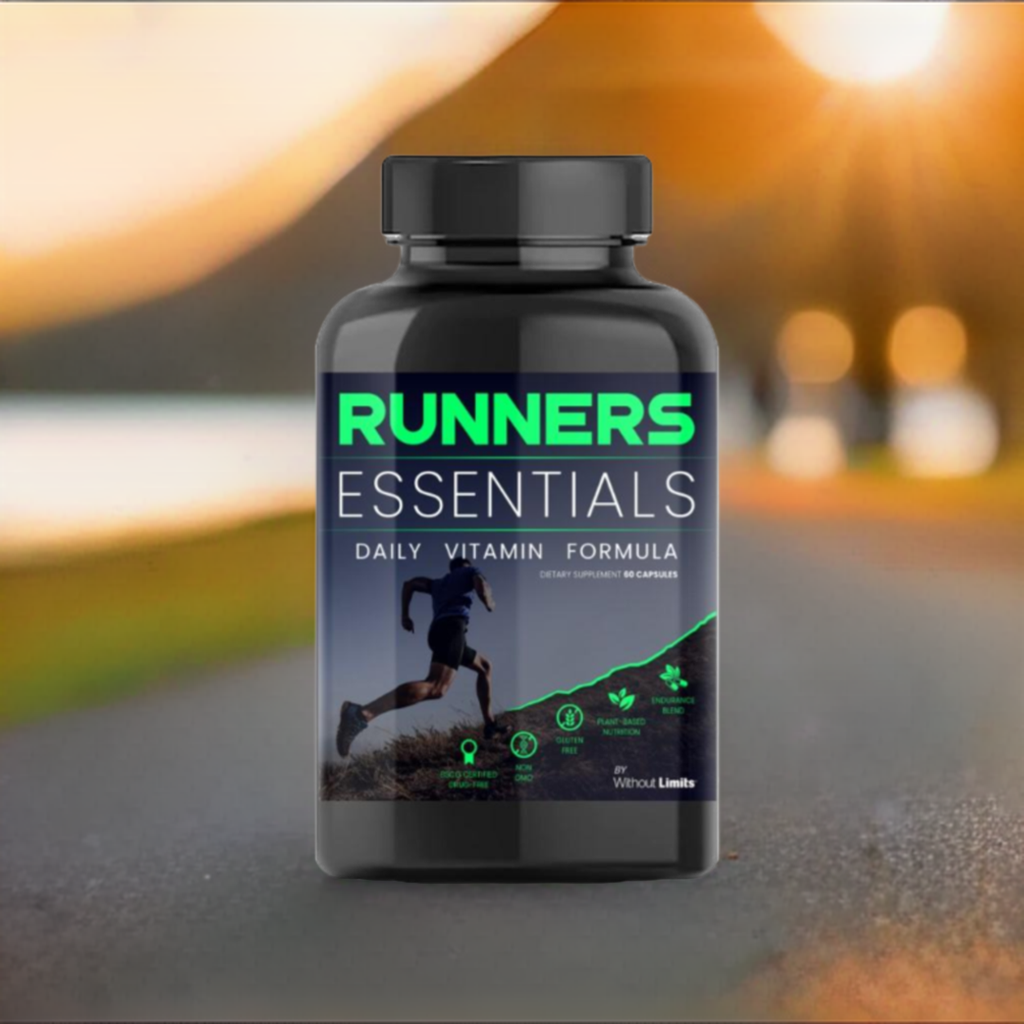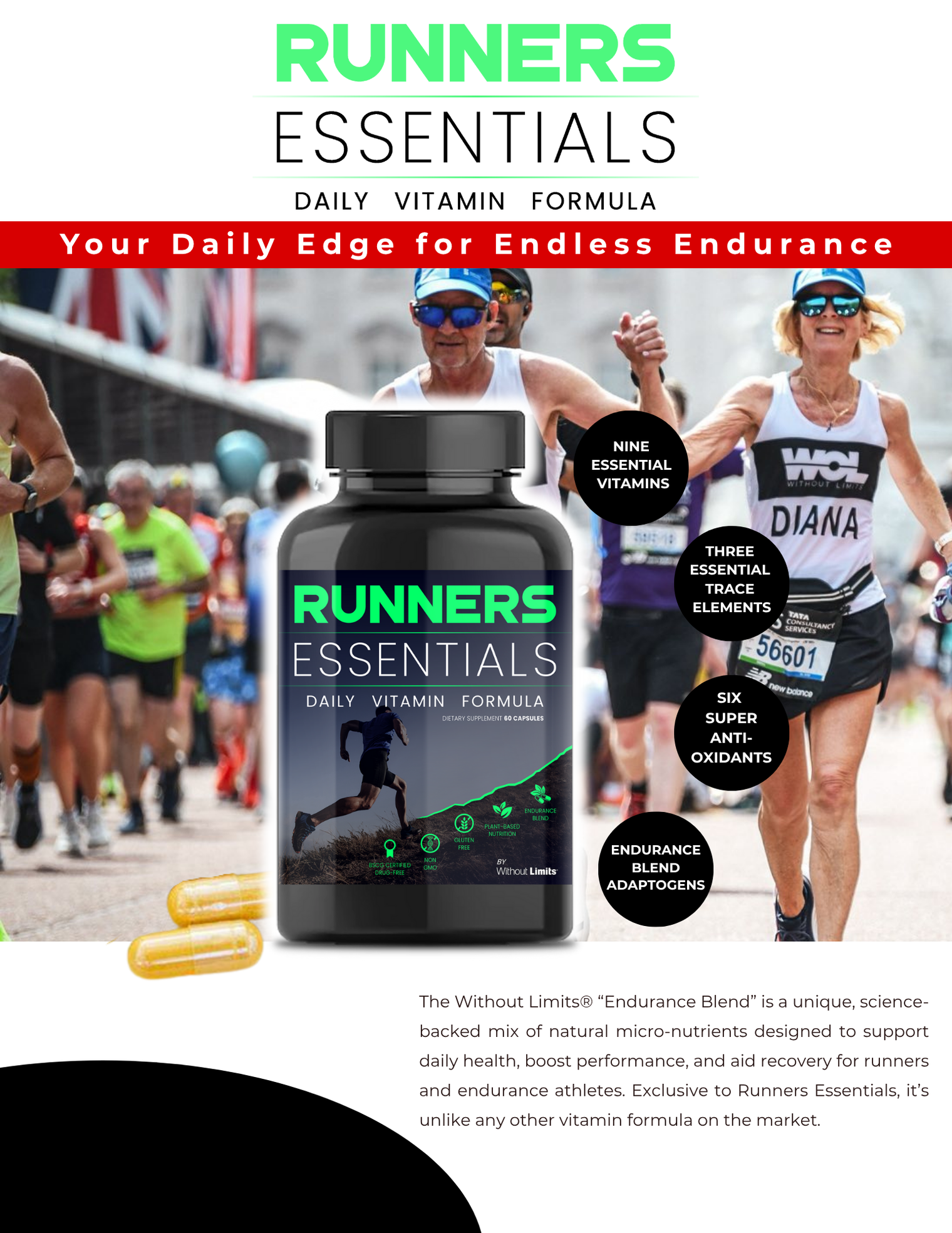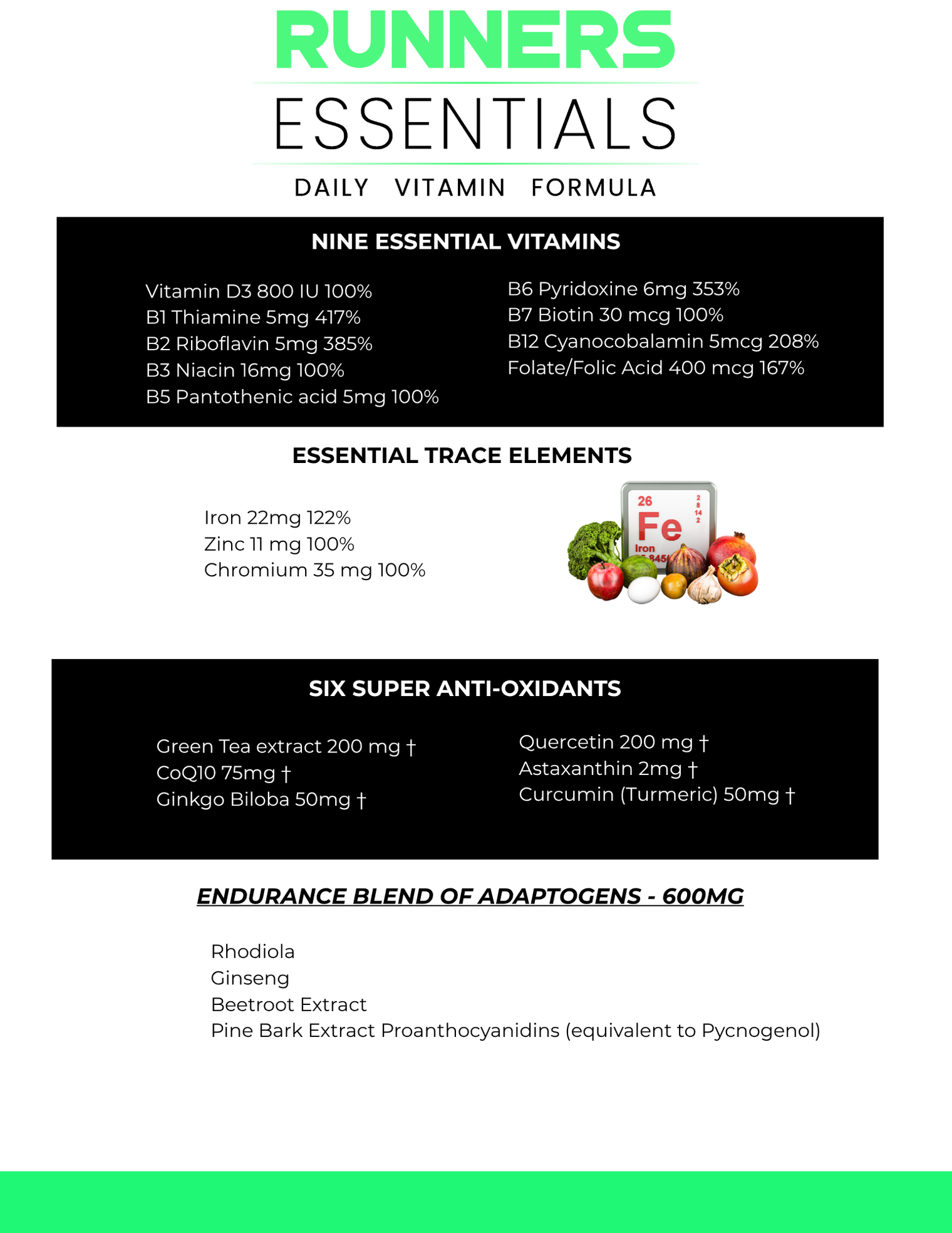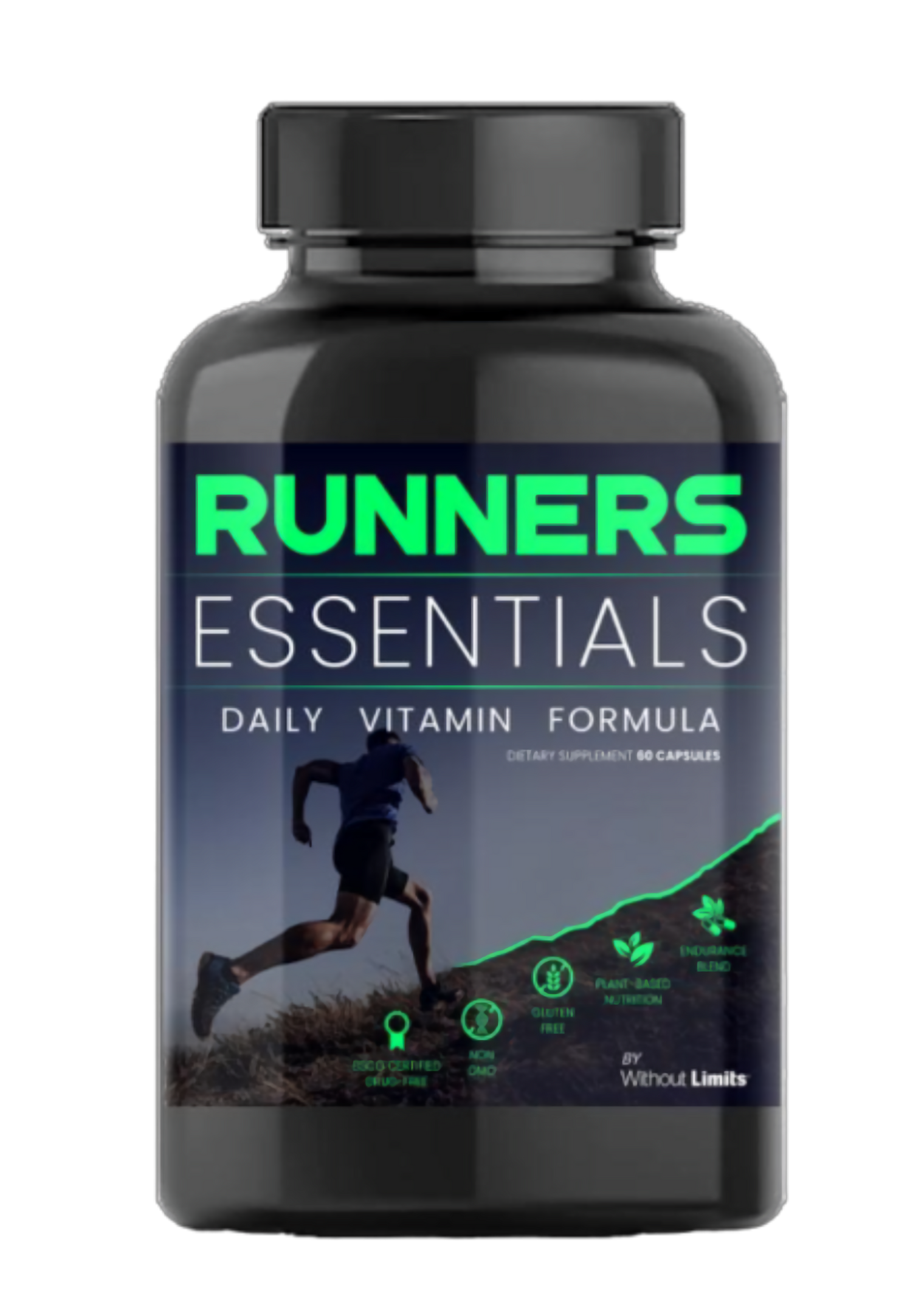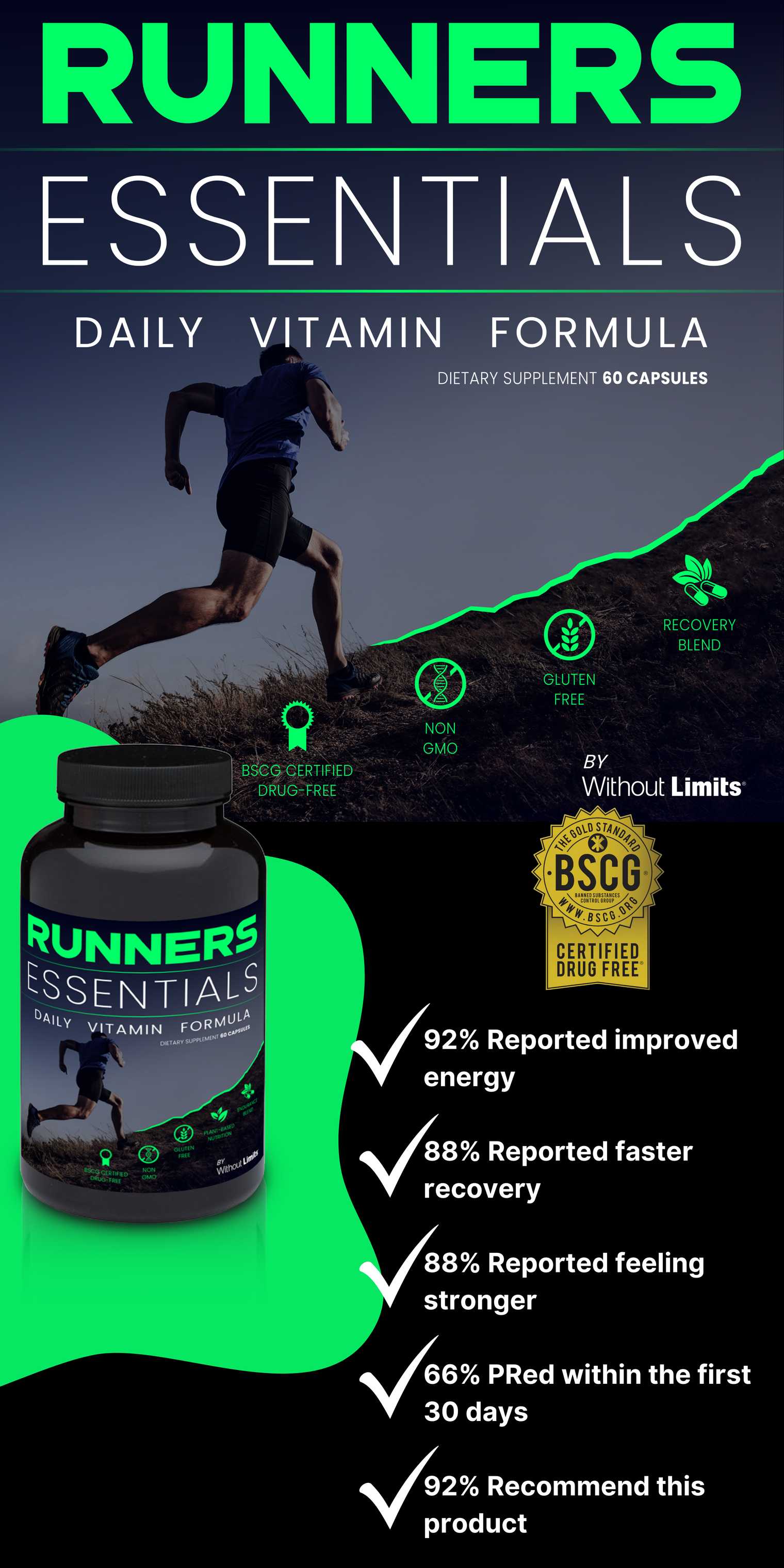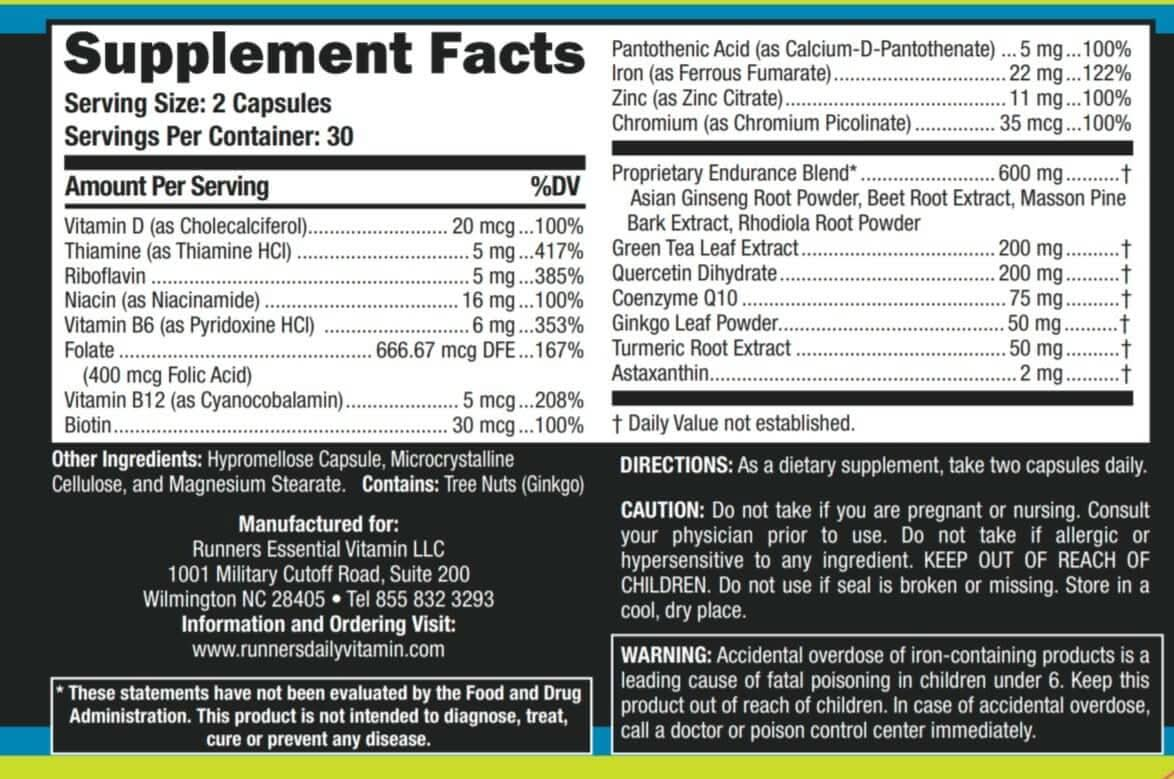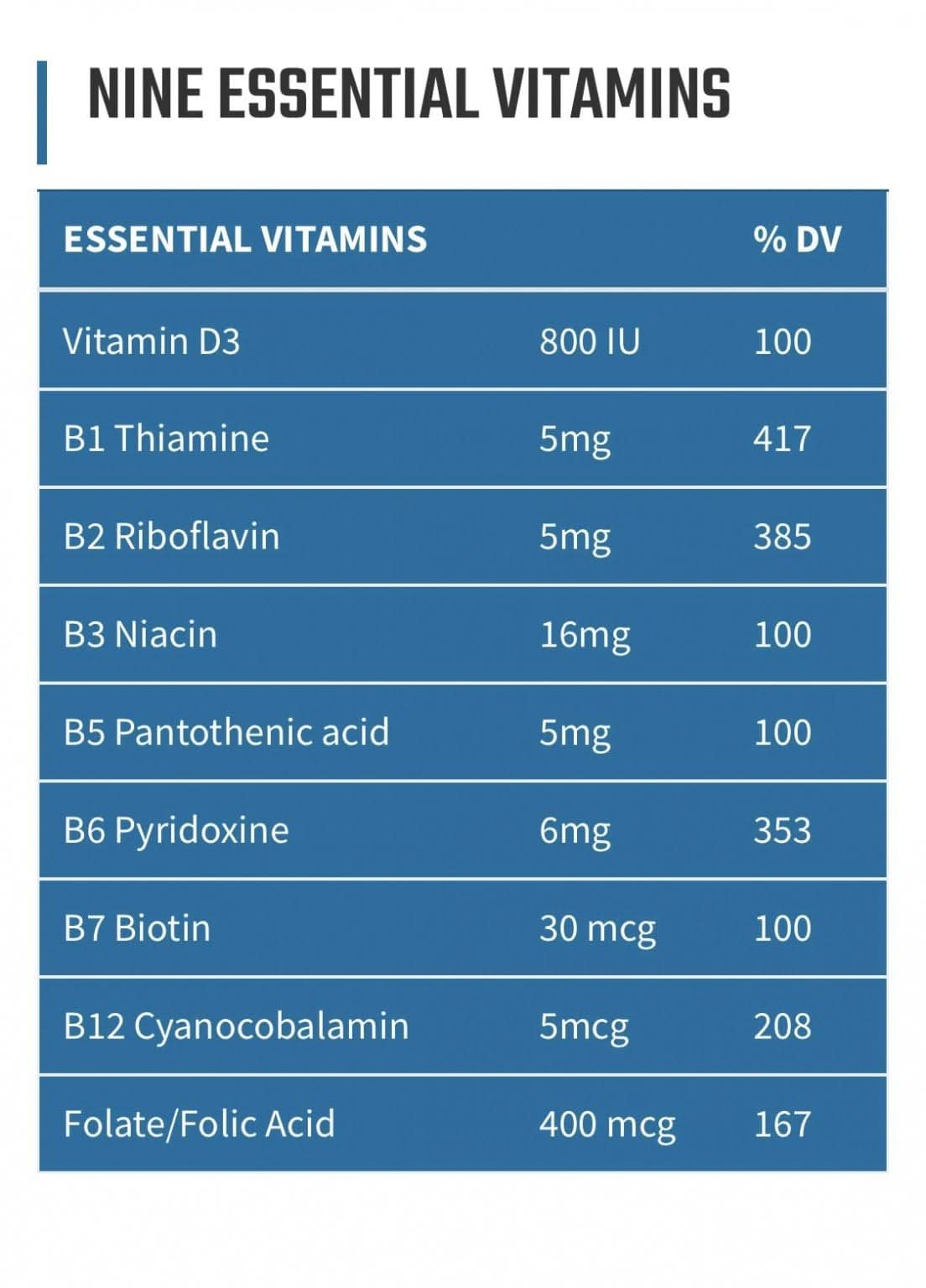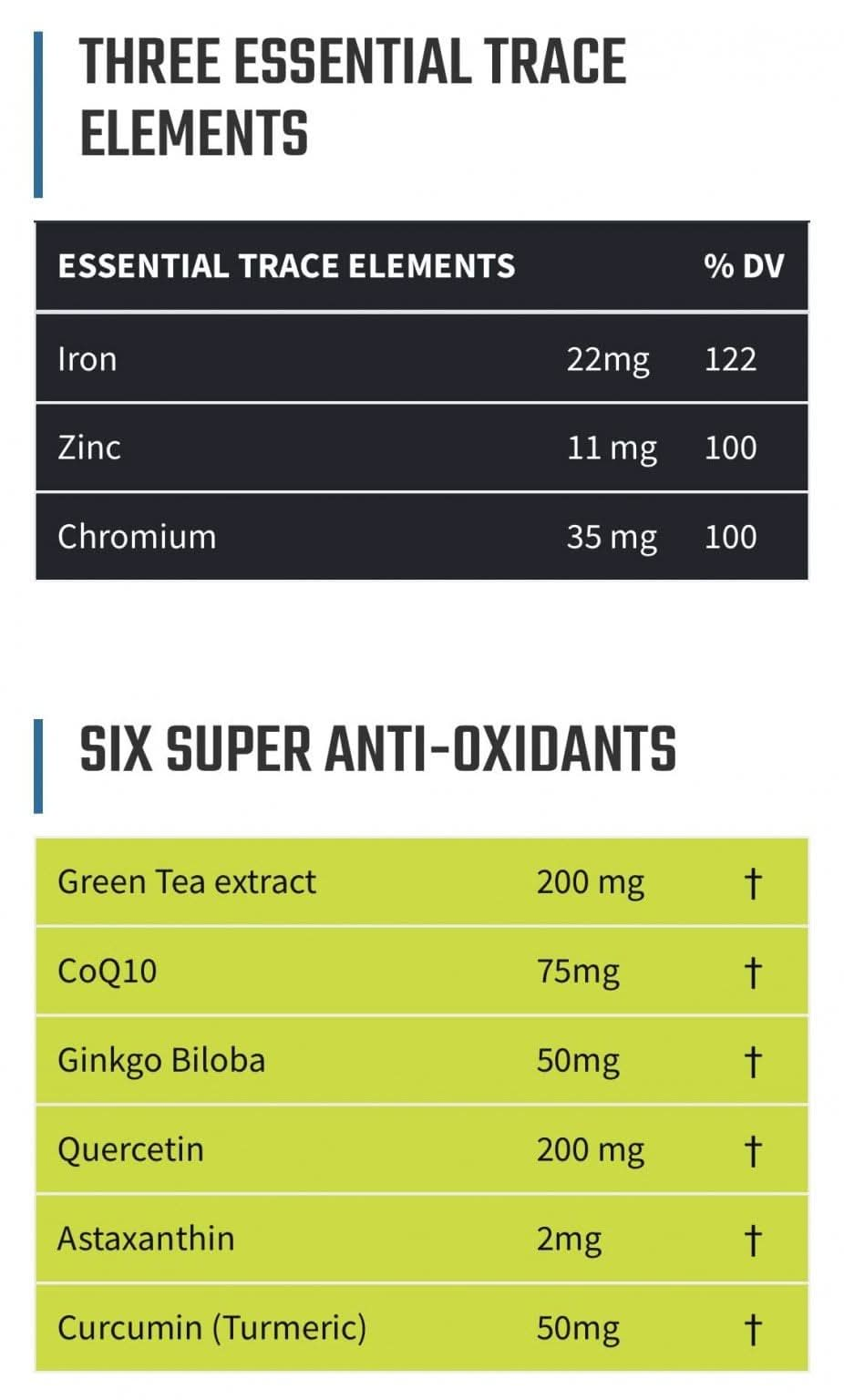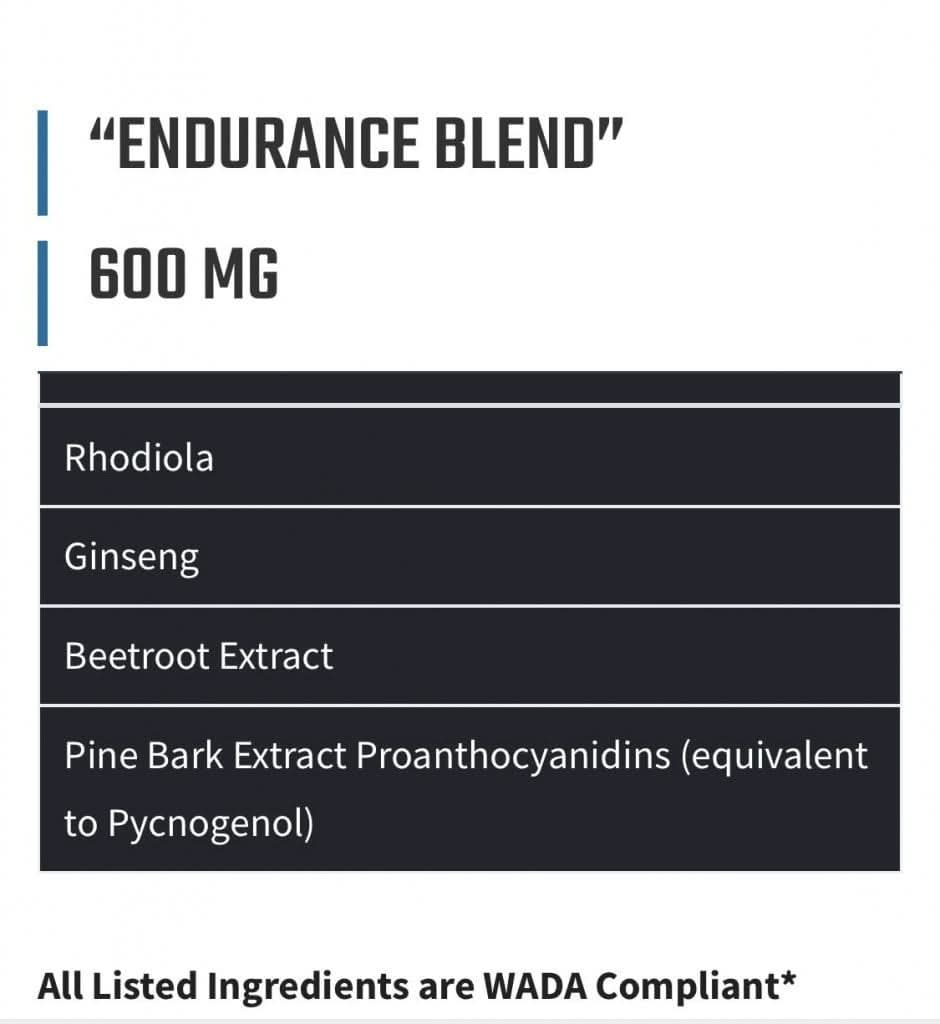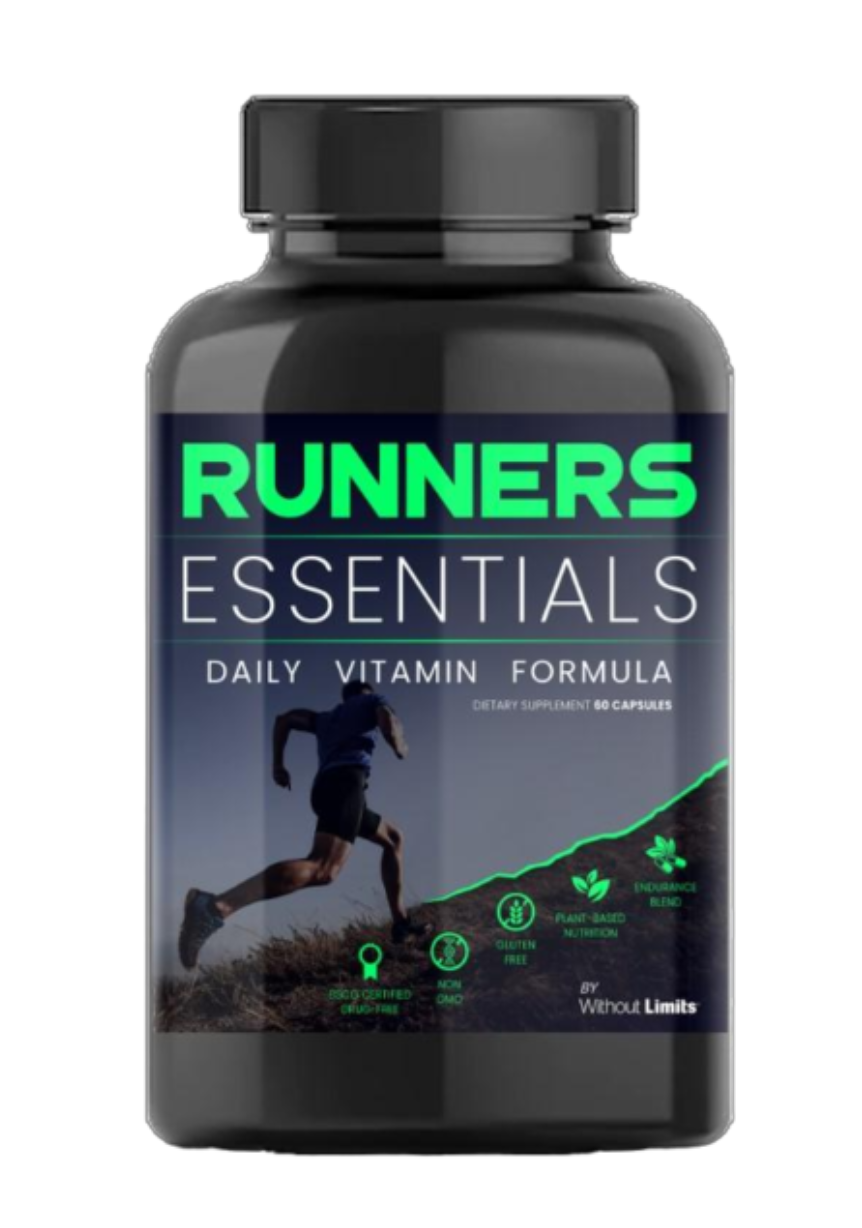Zinc is an essential trace mineral, and the second most abundant mineral in your body, next to iron. The fact that it's "essential" means that your body can't make zinc on its own. To get what you need, you have to consume it daily—for example, through food and supplement sources. "Trace" means that you only need small amounts of it every day, but that doesn't make it any less important.
Zinc plays a role in the activity of more than 100 enzymes in your body. These enzymes are involved in critical functions, like making DNA, protein synthesis, your senses (vision, taste, and smell), immune function, and even cellular growth, division, and metabolism
Zinc & Your Immune System
One of the most well-noted functions of zinc is its role in immune health. The mineral is involved in the creation of antibody molecules, which are one of the important ways the body defends itself against bacterial, viral, and other types of outside offenders, according to board-certified internist Vincent M. Pedre, M.D.
Research shows that a variety of critical immune cells in our innate and adaptive immune systems—monocytes, natural killer cells, neutrophils, B cells, and T cells—rely on access to zinc for their development and protection, and not getting enough of the nutrient can affect immune resilience. On the flip side, zinc supplementation can optimize their function in those who may need more of the mineral.
Additionally, zinc acts as an antioxidant, which strengthens your body's natural defense mechanisms. Zinc has anti-inflammatory properties and can help combat oxidative stress.
As Ashley Jordan Ferira, Ph.D., RDN concludes, "All in all, zinc is an immune essential micromineral via multiple physiological pathways—from host resistance and resilience to our body's inflammatory response and healing—this powerhouse nutrient is showing up for us."
Of course, tapping into zinc's immune support power and other health benefits is based on the assumption that we're consuming enough each day.
